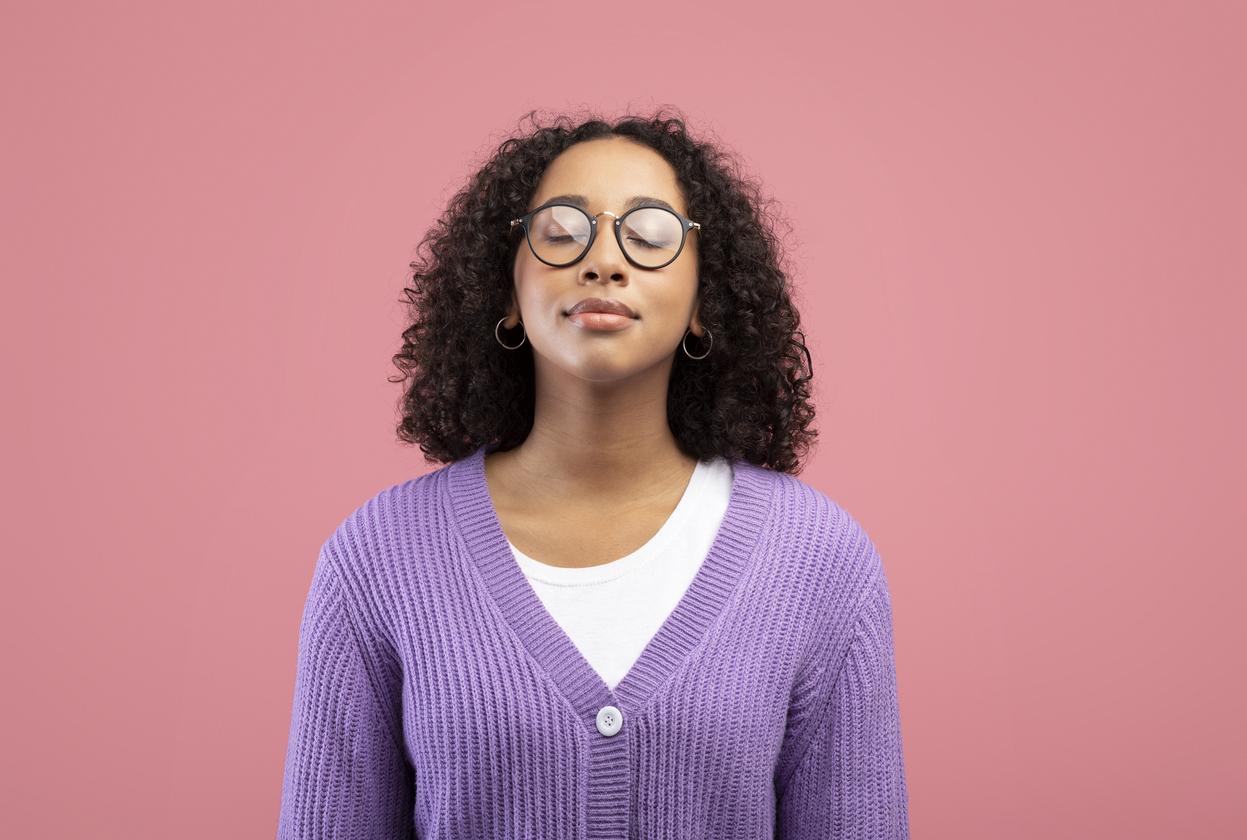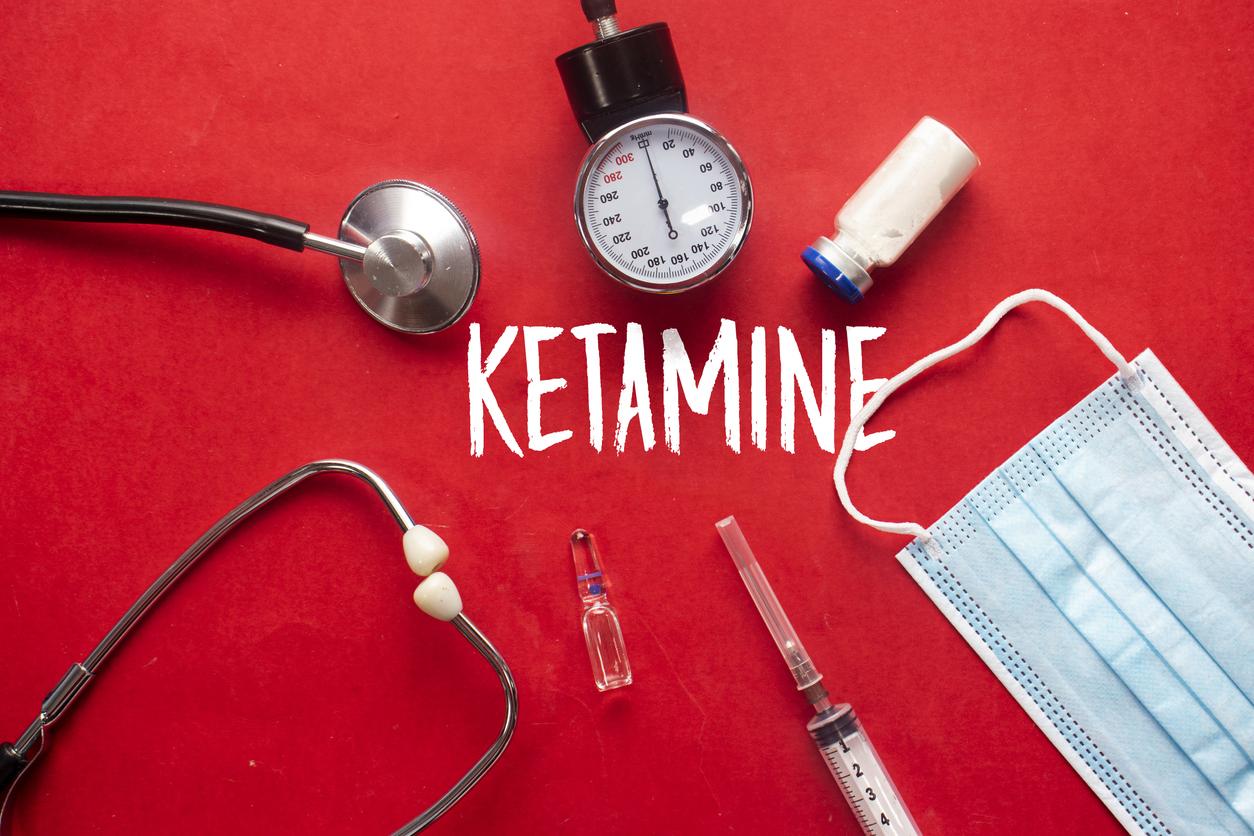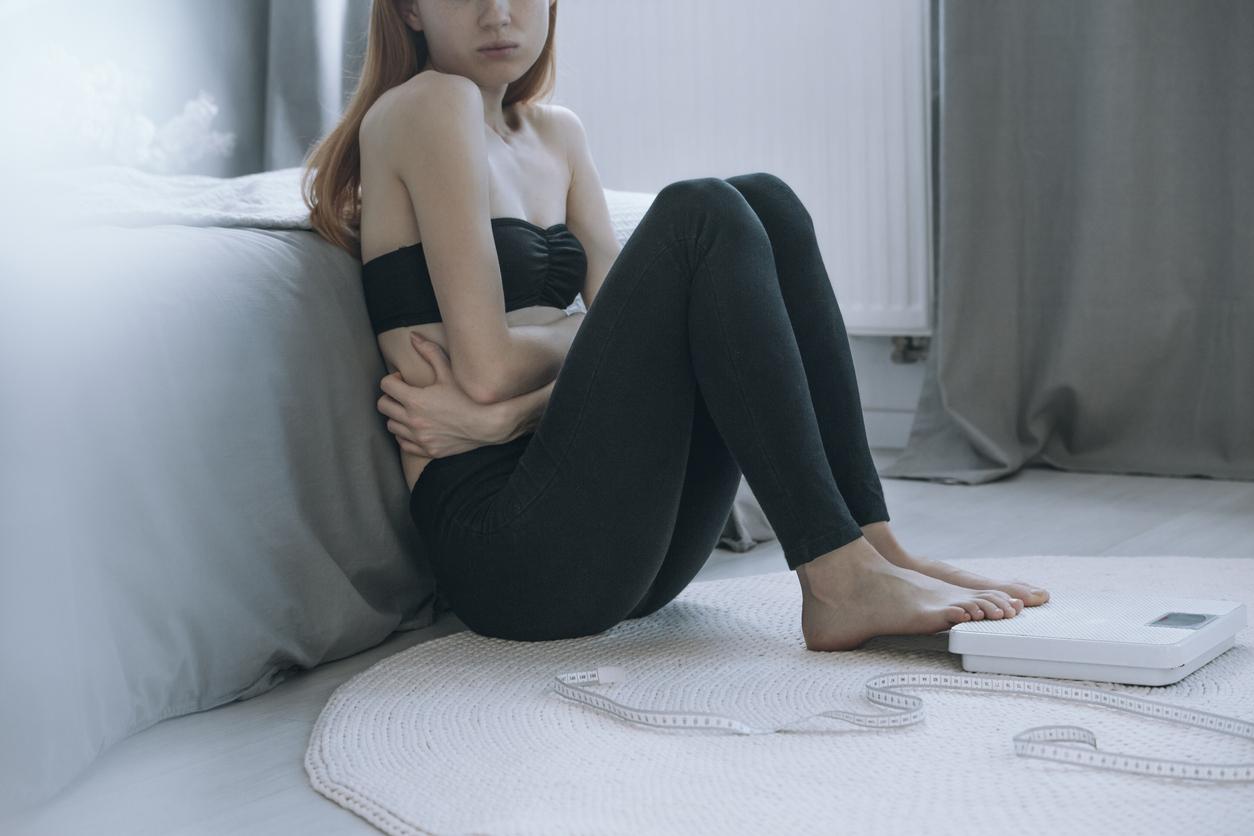A large clinical study confirms that psilocybin, a substance in “magic mushrooms” with psychedelic effects, could well be the basis of new treatments for depression.

- Treatments for depression are ineffective in 30% of cases, according to Inserm. In France, one person in ten has already experienced a major depressive episode in the last twelve months (Santé Publique France).
- Of natural origin (ayahuasca, peyote, mushrooms, mescaline) or synthetic (LSD, MDMA), psychedelics induce altered states of consciousness with greatly amplified and disorganized sensory acuity. They are increasingly used in the psychiatric field to treat depression.
Will the psychedelics of today be our antidepressants of tomorrow? If research has been looking at their therapeutic effect for years, a new level seems to have been reached this week, with the publication of the largest clinical trial ever carried out to evaluate – successfully – the effects of psilocybin, this naturally occurring psychoactive substance. in hallucinogenic mushrooms. A beacon of hope for the 100 million people around the world who suffer from treatment-resistant depression, that is, who do not respond to at least two antidepressants.
Psilocybin has a “pharmacological effect” against depression
As part of their study, published in the scientific journal The New England Journal of Medicine (NEJM), the researchers conducted experiments on 233 participants from 10 countries in Europe and North America between 2019 and 2021. All suffered from clinical depression and had already tried several treatments, to no avail. They were divided into three groups, each randomly given a single dose of psilocybin of 25 milligrams, 10 mg, or 1 mg (the latter being the control, placebo group). Installed in rooms specially designed to be soothing, they benefited from psychological support throughout the duration of the psychedelic effects, which lasted between 6 and 8 hours. The few side effects observed (headaches, nausea, etc.) were very short-lived, and no consequences on cognitive functions were observed.
Three weeks later, by evaluating the level of depression of the volunteers with theMontgomery-Asberg scale, the researchers found that those who received a 25 mg dose showed a significant improvement in their condition compared to the other groups. About a quarter of them were in remission. Evidence, according to the researchers, that psilocybin (in this case COMP360, a synthetic version developed by the start-up Compass Pathway, which funded the research) has “a real pharmacological effect” to treat the symptoms of depression. “The higher the dose, the more positive the impact on people’s depression”says Professor Guy Goodwin, co-author of the study, in a communicated.
A new treatment paradigm for depression
After these tests “phase 2”intended to prove the existence of an effect and to evaluate the dosage, the researchers will now move on to the “stage 3”. “Psilocybin therapy may be a new treatment paradigm for people with resistant depression. […] Our task now is to test it in larger clinical trials, with more participants, comparing it to both placebo and established treatments.”explains psychiatrist James Rucker, co-author of the research.
The association of psychedelics and psychological support is also of interest to scientists. A 2021 study had already noted that psilocybin, which targets certain serotonin receptors in the brain that affect mood and anxiety, could be as effective as an antidepressant… provided that patients follow a session of concurrent psychotherapy. The psychedelic allows “a release of thought and feeling which, when guided by psychotherapy, produces positive results”.


















